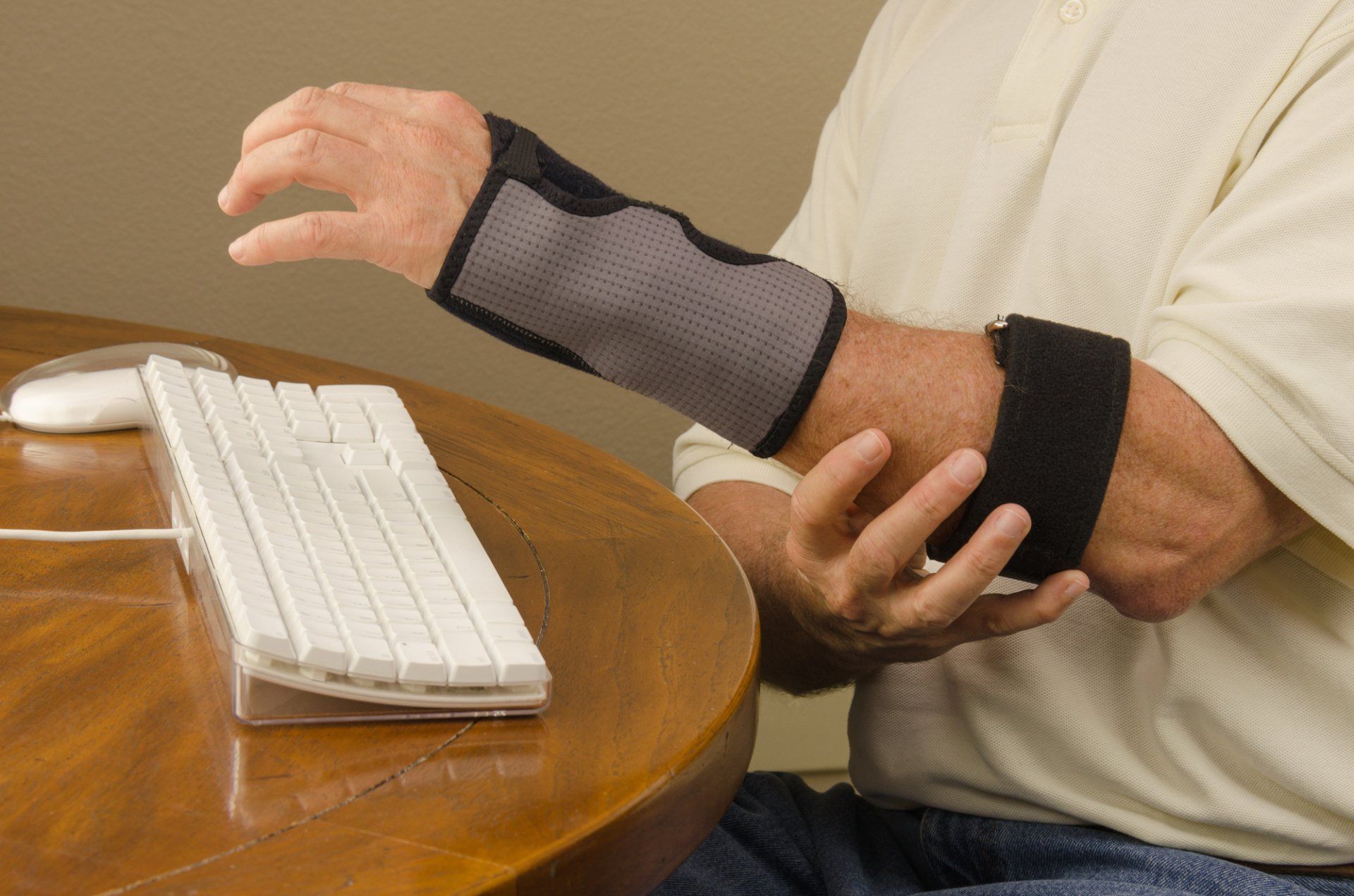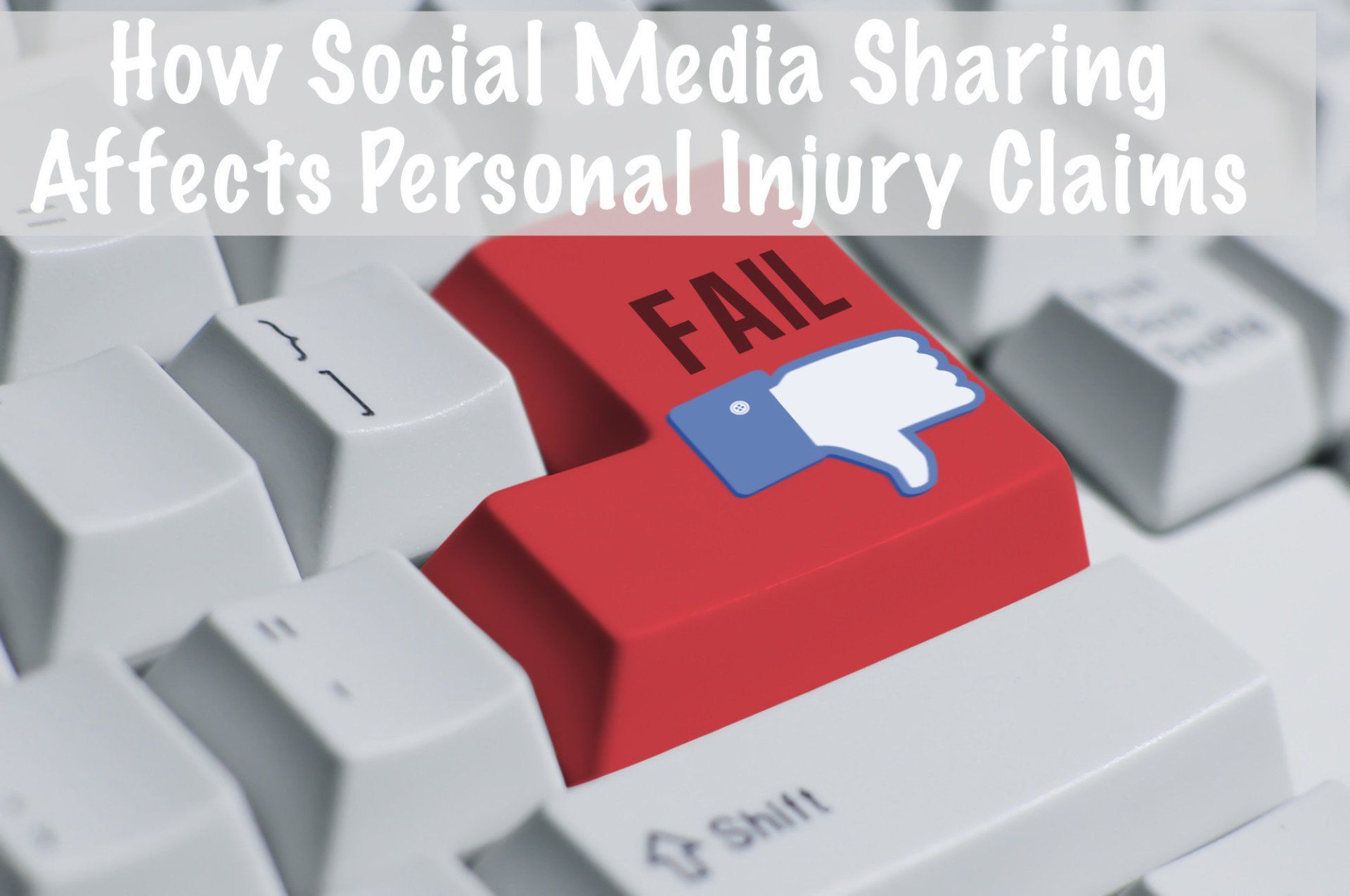Workers Comp Denied? Why Claims Are Denied and What You Must Do Next
Workers' comp denied? Don't worry you still have options. Read on to discover the reasons behind claim denials and the crucial next steps you must take now.
There's nothing worse than finding out you're not covered for the costs you thought were covered. Medical treatment is as expensive as it's ever been in the modern world.
So what happens when you've been accessing treatment and you got your workers' comp denied? You can feel betrayed, scared, and angry. These are all normal things.
Once the initial reaction has settled, then you need to figure out why it happened and what to do next. We've got both the why and the what next in the article below.
Why Is Workers' Comp Denied?
First of all, it's a business requirement for companies with employees to have workers' compensation insurance. If they don't, they can be fined and penalized by the government.
So, it seems silly that if you try to access this right that you're entitled to, that they can deny it.
Most of the time, it's something you can figure out if you can't fix it. Filing workers' comp claims is a very-time oriented thing. Most denied claims aren't filed in time. Learn more about that below.
1. It Was Filed Late
If you didn't get your workers' compensation paperwork filed in time, there are two people potentially at fault. Either you didn't give the papers to your supervisor, or they didn't send them in quickly enough.
If it was the first one - your fault - there isn't much you can do. An attorney can help you appeal the case, especially if it was an honest mistake or your employer didn't provide clear instructions.
If it was your supervisor being slow, then you most definitely have a case to appeal. You had all your ducks in a row and they didn't, so that's not your fault.
2. You Weren't an Employee
If you weren't employed for very long after the injury happened, then your employer can claim it wasn't work-related. As unfair as it seems, they have the right to dispute the timing of your injury.
And there's a reason for that. A very small majority of people will file false claims to work the system. If your employer has been burned before, they'll be more suspicious.
However - if you were an employee at the time it happened and you can prove it - that's a legal case you can win!
3. You Were Messing Around
It happens. Sometimes work gets boring and you do things that you shouldn't. That includes being under the influence of alcohol or drugs at the time of your injury.
If the injury resulted from misconduct, your employer can keep you from receiving comp. They cover injuries that happen under the scope of your job - not those that you chose to do that day.
Misconduct cases are hard to prove, which usually puts the case on your side. Unless there's evidence or you have a history of messing around during work hours. Talk to an attorney to be sure.
4. The Wrong Doctor
If you went to get checked out after the injury and it wasn't with an approved doctor, then it's like misfiling the case. Workers' compensation insurance is a very detailed thing and there are only certain medical clinics in your plan.
Was there a reason you didn't seek treatment from the pre-chosen doctors? Maybe you were out of town or your boss wasn't answering your phone when you needed immediate treatment.
That's something you'll need to speak with your boss and your lawyer about.
Part of the employer's duties is to display a workers' compensation poster in a prominent place. If they didn't do that, then it's not your fault you didn't know who to see.
Your employer could face fines and you should appeal the case.
5. You Have a Pre-Existing Condition
Not in the way that politicians talk about pre-existing conditions. You can still get coverage for on-site injuries if you have a health issue coming in.
But, you'll have to prove that your injury on the job wasn't due to that condition. For example, if you have a bad shoulder and know you shouldn't lift above # pounds, but you do, that's not your employer's fault.
It's your duty to tell your employer about any pre-existing conditions. They are required to accommodate you and make sure they don't force you to do work that will get you hurt.
If an injury does happen and it involves your pre-existing condition, talk to your doctor and your boss about it. You could still get some workers' compensation coverage, but prepare to jump through some hoops.
What Next?
Was your workers' comp denied? The first step is to figure out why. Which of the reasons above sound most relevant to your case?
If none of them does, then it may be a fluke in the system and you can appeal the decision. Most of the time, claims are denied for the same general reasons.
But we're not saying your case couldn't have been deemed unique.
Once you've figured out the reason, or if you want help figuring it, call a personal injury lawyer. They can help you retrace your workers' comp related steps and figure out what went wrong.
Appeal the Claim
You and your lawyer will work together to put together an appeal, You'll have to argue it with your state's governing board.
That's why it's so important to have a well-established attorney on your side. As long as you're telling the truth and have gotten your case in order - you have a good chance of receiving benefits after being workers comp denied.
So what are you waiting for? We will talk you through your potential case before we take it on. All you have to do is ask.








